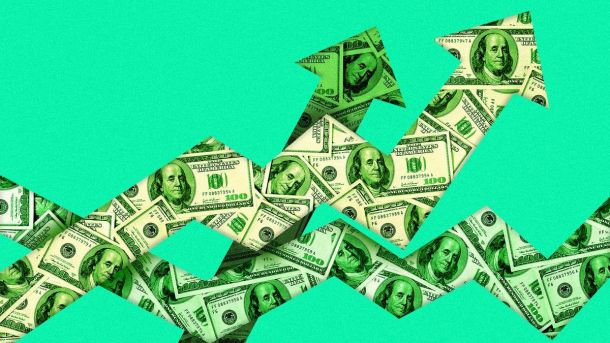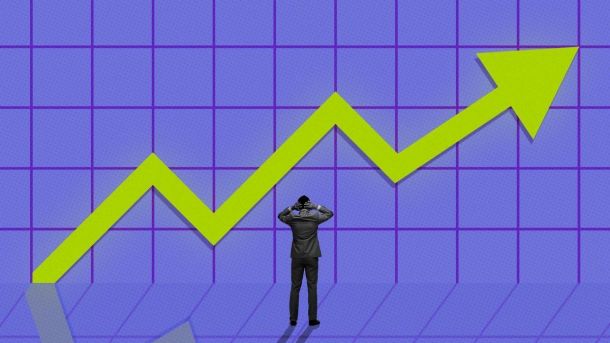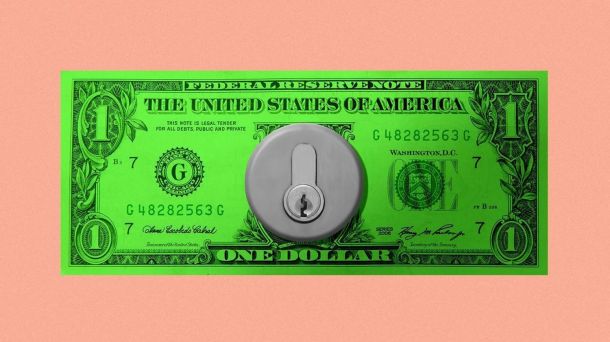Dec 11, 2025
eNews
Weakening dollar reaches record low, reshaping international trade credit risk
Since the end of World War II, the United States’ dollar (USD) has been recognized as the world’s primary reserve currency and the most widely used medium of exchange in global transactions. Despite its long-standing dominance, the dollar remains susceptible to periods of devaluation.
Why it matters: Currency fluctuations increase risk in international trade credit. Credit professionals who understand both the advantages and challenges of a changing dollar are better equipped to reduce exposure and secure payment in cross-border transactions.
Over the past few years, the d…







